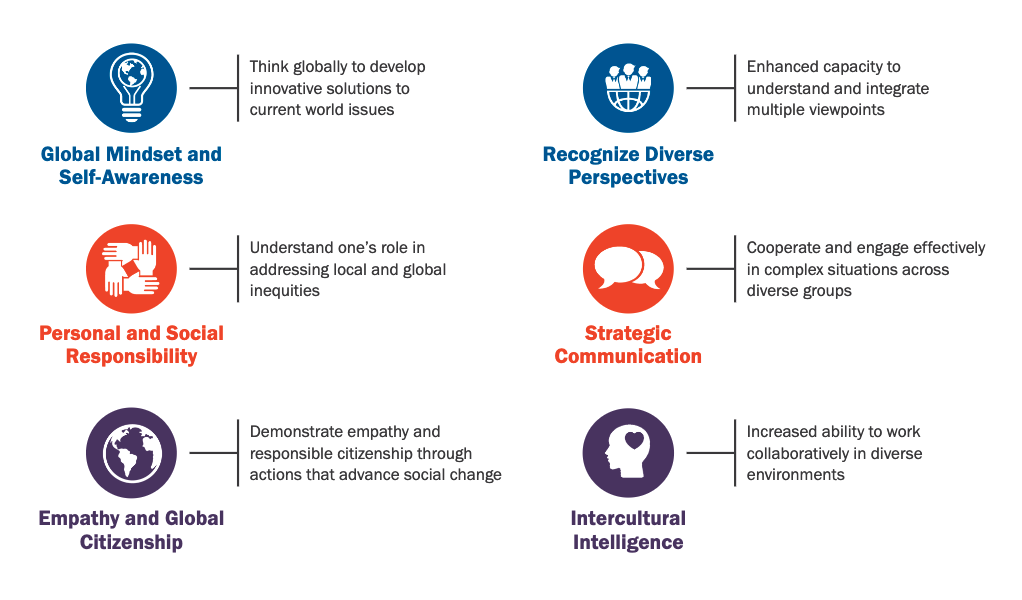Program Learning Outcomes and Curriculum
Your program curriculum is designed to ensure graduates acquire the essential skills, knowledge, and attitudes appropriate and relevant to both the needs of students and employers.
Program Vocational Learning Outcomes
Program vocational learning outcomes describe what graduates of the program have demonstrated they can do with the knowledge and skills they have achieved during their studies. The outcomes are closely tied to the needs of the workplace. Through assessment (e.g., assignments and tests), students verify their ability to reliably perform these outcomes before graduating.
The program vocational learning outcomes for this program are
- Evaluate the effect of technology and emerging media on contemporary storytelling.
- Collaborate with communicators, clients, and subject matter experts to produce mutually acceptable content.
- Plan, create, and edit business and technical content that aligns with client, project, structure, and strategy requirements.
- Design and create complex visual aids, presentations, and layouts for print and virtual platforms.
- Design and develop innovative communication methods to create audience-appropriate content
- Manage the execution of a communications project using effective leadership skills and project management tools and techniques.
- Develop and maintain a professional portfolio and materials to market and promote services.
- Assess the effectiveness of communications strategies in relation to audience’s needs and industry standards.
- Adapt existing content to meet business requirements.
- Complete all work in accordance with applicable laws, regulations, and industry principles and practices, including the use and re-use of copyright materials.
Essential Employability Skills Outcomes
Essential Employable Skills (EES) are skills that, regardless of a student’s program or discipline, are critical for success in the workplace, in day-to-day living, and for lifelong learning. Graduates will reliably demonstrate abilities in six skill categories:
Global Citizenship and Equity Learning Outcomes
There are six Global Citizenship and Equity (GCE) learning outcomes integrated into Diploma and Advanced Diploma programs as a component of Centennial’s Signature Learning Experience (SLE). The SLE reflects the College’s promise to provide students with a distinctive and inclusive educational experience that builds on a foundation of global citizenship, equity, and social justice. Certificate and Graduate Certificates also include at least two GCE learning outcomes. The GCE learning outcomes are:
- Identify one’s role and responsibilities as a global citizen in personal and professional life.
- Identify beliefs, values and behaviours that form individual and community identities and the basis for respectful relationships.
- Analyze issues of equity at the personal, professional, and global level.
- Analyze the use of the world’s resources to achieve sustainability and equitable distribution at the personal, professional, and global level.
- Identify and challenge unjust practices in local and global systems.
- Support personal and social responsibility initiatives at the local, national, and global level.
Global Citizenship and Equity Portfolio
As a component of the SLE, Diploma and Advanced Diploma program students will complete the Global Citizenship and Equity (GCE) Portfolio. Building the GCE Portfolio is a process of documenting your GCE learning. Each item selected for inclusion in the portfolio demonstrates growth and understanding of Global Citizenship and Equity within your program of study.

Students are encouraged to develop their GCE Portfolio beginning in their first semester. You will add artifacts from coursework and accompanying reflections as well as artifacts arising from co-curricular activities, volunteering, etc. to your portfolio as you progress through the program. You are encouraged to use the ePortfolio tools available on eCentennial, as well as to develop an online professional portfolio presence through LinkedIn and/or other personal websites/blogs.

